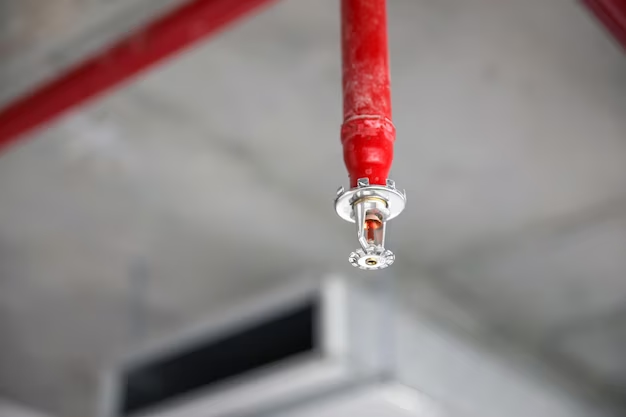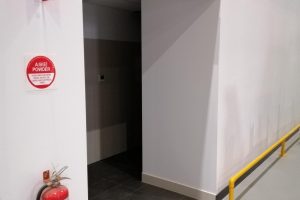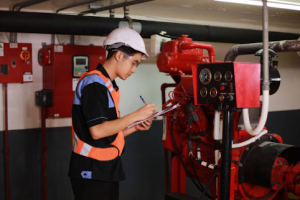Effective Maintenance Tips For Wet And Dry Fire Sprinkler Systems During Winter
The dangers posed by fire hazards cannot be overstated, and safeguarding lives and property from such risks is paramount. This is where fire sprinkler systems play an indispensable role in fire protection strategies.
In a city like Brisbane, fire risks can occur due to several conditions such as climate, environmental factors or even other reasons. This is why ensuring your fire sprinkler systems, both wet and dry, work properly is crucial. To prevent such issues, go through these essential fire sprinkler system maintenance tips for both wet and dry systems, focusing on fire protection in Brisbane.
Whether you are a homeowner, property manager or business owner, these tips will help you maintain an effective fire sprinkler in Brisbane and complement your fire protection strategies, which may include a fire extinguisher.
Understanding Fire Sprinkler Systems:
Fire Sprinkler Systems are an essential part of fire protection systems designed to suppress or extinguish the fire in the early stages. Thus, their addition proves to be a significant investment in a city like Brisbane, where a hot and dry climate can elevate the risk of fire. However, before investing in a fire sprinkler system, you must know its types: wet and dry.
-
Wet Fire Sprinkler Systems
Wet fire sprinkler systems are the most common type of systems used in environments where freezing temperatures are not a concern. These systems are filled with water, which enables immediate response when fire is detected. However, proper and timely maintenance of these systems is essential to maintain their efficiency. Any malfunction can prevent the system from working when you need it the most.
-
Dry Fire Sprinkler Systems
On the other hand, dry fire sprinkler systems are designed for areas where freezing temperatures are a concern. These systems are filled with pressurised air or nitrogen, and the water is held back by a valve until a fire activates the system. Further, when the sprinkler head is activated, the valve releases, allowing the water to flow. Here, proper inspection and maintenance is a must to prevent delays in fire suppression during the critical winter months.
Maintaining Wet And Dry Fire Sprinkler Systems in Winter:
As a business or property owner, it is important to recognise that a well-maintained fire sprinkler system can make the difference between a contained fire incident and a catastrophic disaster during the challenging winter season.
Here are some key steps to ensure the optimal functioning of both wet and dry fire sprinkler systems:
-
Regular Inspection:
For wet systems, check pipes, valves and sprinkler heads for any signs of leak or corrosion. Also, pay attention to any visible water accumulation or blockages in pipes. For dry systems, ensure the dry pipe valve is functional. Plus, check for any signs of air or nitrogen leaks and make necessary repairs promptly.
-
Clear Surroundings:
Ensure you keep the area around the sprinkler heads and components free from obstructions, debris, and flammable materials. This will help you ensure that everything runs smoothly with the proper functioning of the system.
-
Documentation:
Maintain an accurate record of all inspections, tests, and maintenance activities. Proper documentation ensures compliance and will assist you in identifying trends in system performance over time.
-
Professional Inspection:
Schedule routine professional inspections by experts in fire protection. These inspections include thoroughly examining all system components and checking for compliance with local regulations.
Conclusion:
By following the tips mentioned above for both wet and dry fire sprinkler systems, you can significantly enhance their reliability and effectiveness, especially during the winter months when fire risks are heightened.
Our professionals are well-versed in the intricacies of fire sprinkler systems and understand the unique challenges Brisbane’s climate poses. To know more about fire sprinklers and their effective maintenance, call us at 07 3390 6055.





